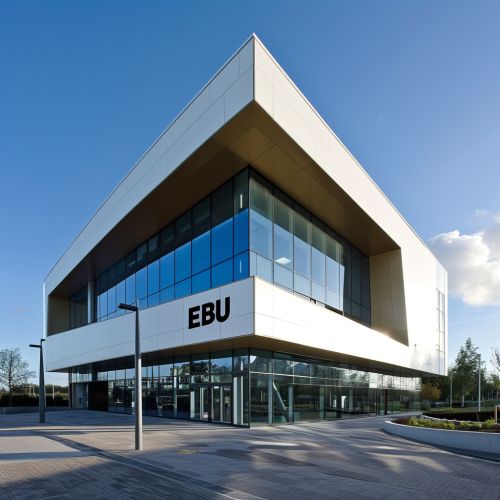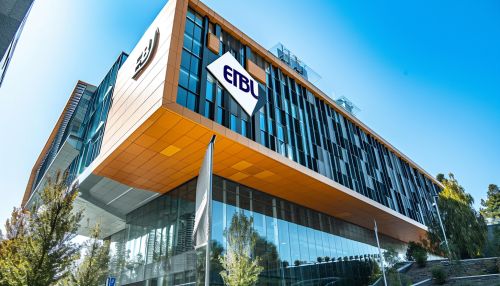European Broadcasting Union
Introduction
The European Broadcasting Union (EBU) is an alliance of public service media organizations, established on 12 February 1950. It is the world's largest international consortium of national broadcasters, with 115 member organizations in 56 countries and further 31 Associates in Asia, Africa, Australasia, and the Americas.
History
The EBU was established in Torquino, Switzerland, with 23 members from Europe and the Mediterranean region. The primary goal was to create infrastructure for linking television and radio networks across Europe. The founding members were from Belgium, Denmark, France, the United Kingdom, Italy, the Netherlands, and Switzerland.
Membership
EBU membership is open to broadcasting organizations whose countries are within the European Broadcasting Area, or are members of the Council of Europe. Members are radio and television companies, most of which are government-owned public service broadcasters or privately owned stations with public service missions.
Activities
The EBU develops and shares quality content across its member networks. It also provides a platform for members to exchange news, sports, and cultural programming. The EBU is perhaps best known for producing the Eurovision Song Contest, which has been broadcast annually since 1956.
Structure and Organization
The EBU operates under the legal framework of an international association under Swiss law. It is governed by a General Assembly, which elects the Executive Board. The daily operations are managed by the EBU Director General and the EBU Secretariat.
Impact and Influence
The EBU has played a significant role in shaping the broadcasting landscape in Europe. It has been instrumental in standardizing broadcasting technology, promoting public service values, and fostering cooperation among broadcasters.
Challenges and Criticisms
The EBU has faced criticism for its handling of political controversies, its governance structure, and its perceived lack of transparency. It has also been challenged by the rise of digital media and changing audience habits.
Future Outlook
The EBU continues to adapt to the changing media landscape, with a focus on digital transformation, audience engagement, and strengthening public service media.
See Also


